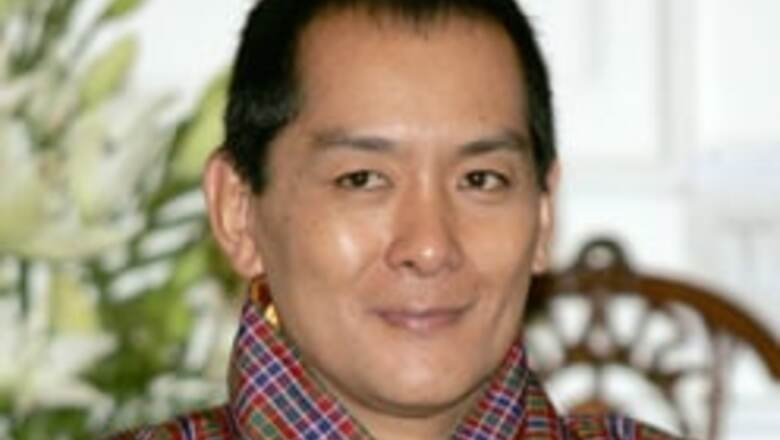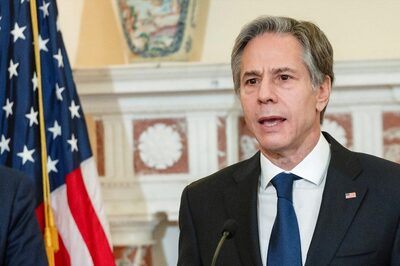
views
New Delhi: Bhutan King Jigme Singye Wangchuk met Prime Minister Manmohan Singh on Saturday and reportedly discussed a wide range of bilateral issues, with a particular emphasis on cooperation in the power sector.
Steps were taken by both countries to boost cooperation in the power sector on Friday.
It included the signing of three significant agreements relating to the fields of hydro-electricity generation and commerce.
The agreement on cooperation in the field of hydroelectric power lays down the framework for future bilateral cooperation between India and Bhutan in the field.
The protocol to the Inter-Governmental Agreement signed on March 5, 1996 on the setting up of the Tala Hydroelectric Project was also formalised.
The protocol lays down the commercial arrangements for the purchase of Tala power by India.
The Tala Hydroelectric Project (1020 MW) is the largest bilateral cooperation project undertaken by India in the field of hydropower in a foreign country.
An agreement on trade, commerce and transit with a validity of ten years was also signed between the two countries.
The King, who is accompanied by the Crown Prince and the Minister of Trade and Industry Lyonpo Yeshey Zimba, will depart for Kathmandu on July 31.
Bhutan is on the UN's list of least developed countries (LDC) and its government has been shown no particular eagerness to graduate from this status.
In 2002, it embarked on its Ninth Five-Year Plan (FYP) seeking to maximize what the King termed "gross national happiness," not gross national income.
Bhutan's leaders have adopted a very cautious approach to economic development, putting preservation of the traditional Buddhist culture and the country's spectacular natural environment well ahead of ambitions for economic modernisation.
Hydroelectric power is Bhutan's main export, 70 per cent of the population do not have electricity and depends on firewood for energy.
Seventy-two per cent of the country is forested, and by law 60 percent must remain so.
Under current plans, full rural electrification is not scheduled to be accomplished until 2020.


















Comments
0 comment